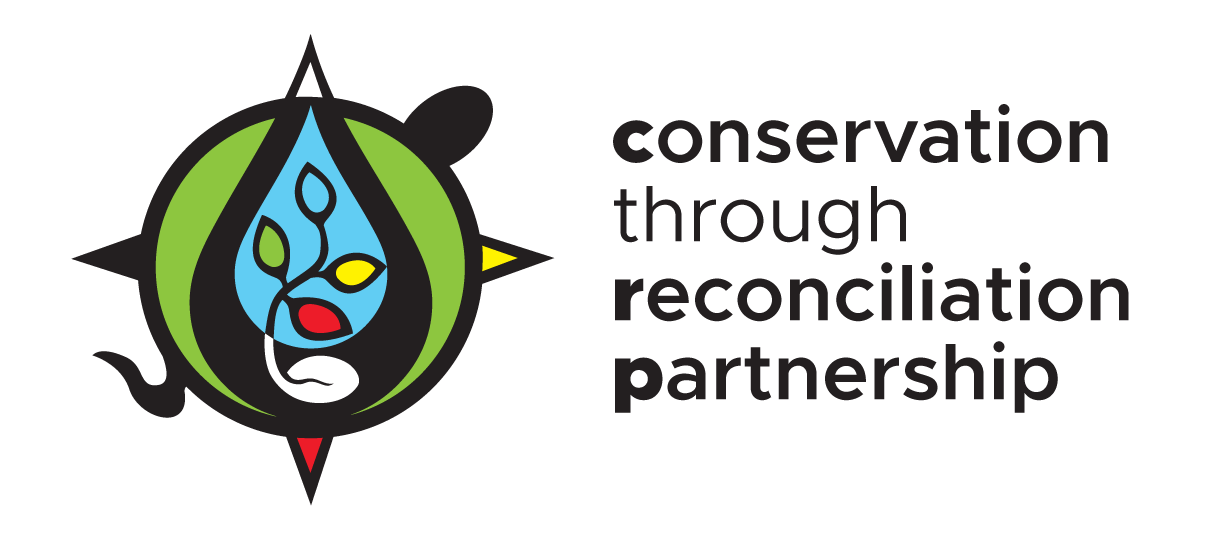What is an Indigenous Protected and Conserved Area (IPCA)?
According to the report published by the Indigenous Circle of Experts, We Rise Together:
IPCAs are lands and waters where Indigenous governments have the primary role in protecting and conserving ecosystems through Indigenous laws, governance and knowledge systems. Culture and language are the heart and soul of an IPCA. IPCAs vary in terms of their governance and management objectives. However, they generally share three essential elements:
IPCAs ARE INDIGENOUS-LED
Indigenous governments have the primary role in determining the objectives, boundaries, management plans and governance structures for IPCAs as part of their exercise of self-determination. There may be a range of partnerships to support these acts of self-determination, including with Crown governments, environmental NGOs, philanthropic bodies or others. IPCAs are, in essence, Indigenous-led conservation initiatives that reflect the objectives and needs of their respective nations or governments and emerge through transparent negotiations.
IPCAS REPRESENT A LONG-TERM COMMITMENT TO CONSERVATION
Indigenous Peoples take a multi-generational view of stewarding their territories. Therefore, an IPCA represents a long-term commitment to conserve lands and waters for future generations.
IPCAS ELEVATE INDIGENOUS RIGHTS AND RESPONSIBILITIES
Indigenous Peoples have long-standing physical and spiritual relationships with the lands and waters within their respective territories, and with the natural cycles that determine their use. These relationships have always included the right to benefit from the bounty of the natural world and the reciprocal responsibility to care for and respect the land and water, consistent with natural and Indigenous law, for future generations. In IPCAs, Indigenous Peoples’ continued relationship with the land and water must be assured by acknowledging the authority that Indigenous governments have to work with their people on how to use the land and water while achieving conservation and cultural objectives.
Watch the video below to learn more:
Indigenous Protected and Conserved Areas (IPCAs) are lands and waters where Indigenous governments have the primary role in protected and conserving ecosystems through Indigenous laws, governance, and knowledge systems. This video explores the central elements, benefits, and range of existing and emerging models of IPCAs and their critical role in achieving biodiversity targets and fighting climate change.
Video produced by: Red Voices Productions; Storyboard and script: Allison Bishop (CRP); Narration: Monica Shore (IISAAK OLAM Foundation); Contributors: CRP Leadership Circle.
IPCAs: Frequently Asked Questions
As the recognition and advancement of Indigenous Protected and Conserved Areas or IPCAs increases across what is now known as Canada, several questions are being asked about their creation, governance, and management.
To help address this, the Conservation through Reconciliation Partnership (CRP) and IISAAK OLAM Foundation produced a Frequently Asked Questions (FAQ) list. This FAQ is a living document and has been revised and updated in 2023. This updated version is available on the IPCA Knowledge Basket. Learn more by clicking on the link below:
Additional Resources
Click on each resource in red below for additional resources on IPCAs.
Blog: Emerging Indigenous Protected and Conserved Areas: The Unama’ki Mi’kmaw IPCA Project.
This blog provides a report on the Unama’ki Institute of Natural Resources’ (UINR) efforts to establish an Indigenous and Protected Area (IPCA). We hope that the blog can inform Indigenous-led conservation efforts across Canada, specifically around emerging IPCAs.
Website: Examples of IPCAs from Indigenous Leadership Initiative.
Indigenous Nations are creating IPCAs that sustain lands and waters across the country. Here are just a few examples.
Webinar: A dialogue with Leaders from Emerging IPCAs.
On March 18, the CRP and IISAAK OLAM Foundation co-hosted a dialogue about emerging IPCAs across Turtle Island/Canada featuring Elders, community members and leaders from Kitskiinan Kawekanawaynichikatek IPCA (York Factory First Nation/Cree Territory/Northern Manitoba), Arqvillit IPCA (Inuit/Nunavik Territory/Northern Quebec), Bistcho Lake IPCA (Dene Tha’ First Nation/Northern Alberta), and Aki Sibi IPCA (Kebaowek First Nation/Algonquin Territory/Southern Quebec).
Webinar: Ask us Anything IPCAs
This session brought together many of the speakers from the six previous webinars, in addition to other allies in Indigenous-led conservation. These experts engaged in a knowledge-sharing dialogue and answered questions about Anything IPCAs, including establishment, governance, challenges, opportunities, and much more. This webinar provides attendees with diverse stories, lessons, and information to support and strengthen IPCA development.
Want to learn more about Indigenous-led conservation initiatives, including IPCAs? Visit the IPCA Knowledge Basket, a digital space created to honour, celebrate, and catalyze IPCAs.



